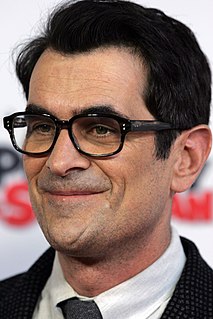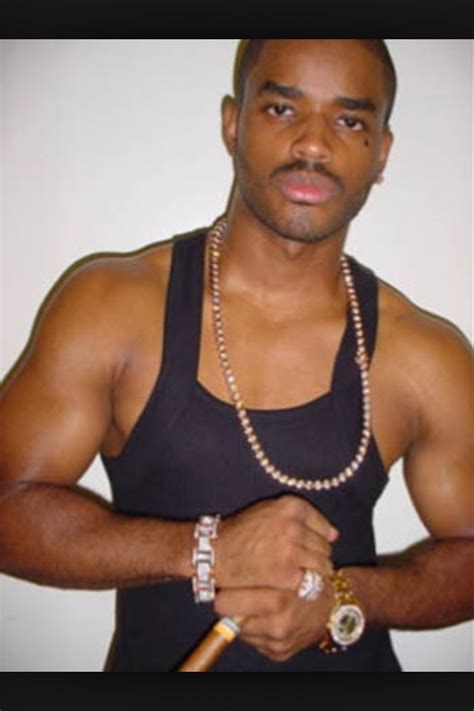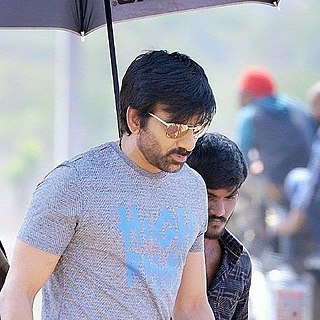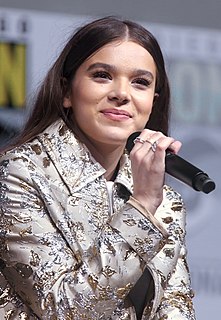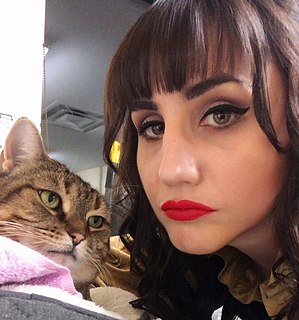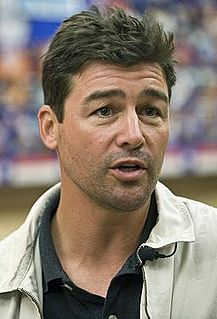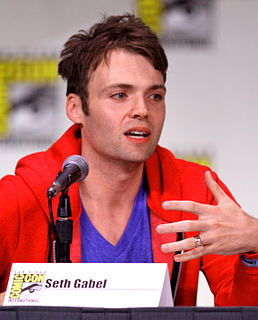A Quote by Ty Burrell
Working with an incredibly strong script is the thing that gives you the most confidence. If you go into an episode knowing the script is strong, I just feel like that's where it all starts. All collaborations that happen, in addition to that, are just bonuses, at that point.
Related Quotes
I just couldn't believe that it [Into the Forest script] had fallen into my lap, because I felt so incredibly connected to my character, and I understood her, and I really...I haven't had that feeling about a script since I had read Thirteen or The Wrestler when I was just like, "No one else can do this." I just feel so passionate about it.
The script is the most important thing for me. I'm advised that other things are important too, and they are. The director that you'll be working with is hugely important, and the cast that are with you is really important as well. But, for me, the thing that gets my heart excited and really makes me invested in something or not is just the quality of the script.
The minute I know it's real to the minute we start shooting, I will work on the script, breaking it down and working on the character, doing as much research as I possibly can to the point where I feel like I eat, sleep and breathe it without looking at a page. Then I go in and try to forget all of it and just be there.
To be labeled as a strong woman when you feel vulnerable is a strange place to be, because then you're, like, "Oh, I have to be strong now. But I don't feel strong. I feel alienated. I feel isolated. I feel that things are very surreal, and they're not authentic, and this is all just very overwhelming."
Joe [Wright] reached out to me and sent me a treatment, and I said yes on the spot just from the treatment. Within six weeks, I was in Cape Town and there was a script [of Black Mirror episode 'Nosedive'], but I didn't realize until I received the full script that Rashida [Jones] and Michael [Schur] had worked on it. It's a particularly funny episode. Joe and I always looked at it as a satire; it has a lot of comedic elements to it.
Any good movie or script usually, if they're doing their job, gives the highest platform possible for an actor to leap off of, and that script was very high up there. It was a very smart, tight script. There was a lot of improv, as well, once we got to the set, but a lot of the original script was also in there.
